Activision Blizzard Acquisition: FTC's Appeal Against Court Decision
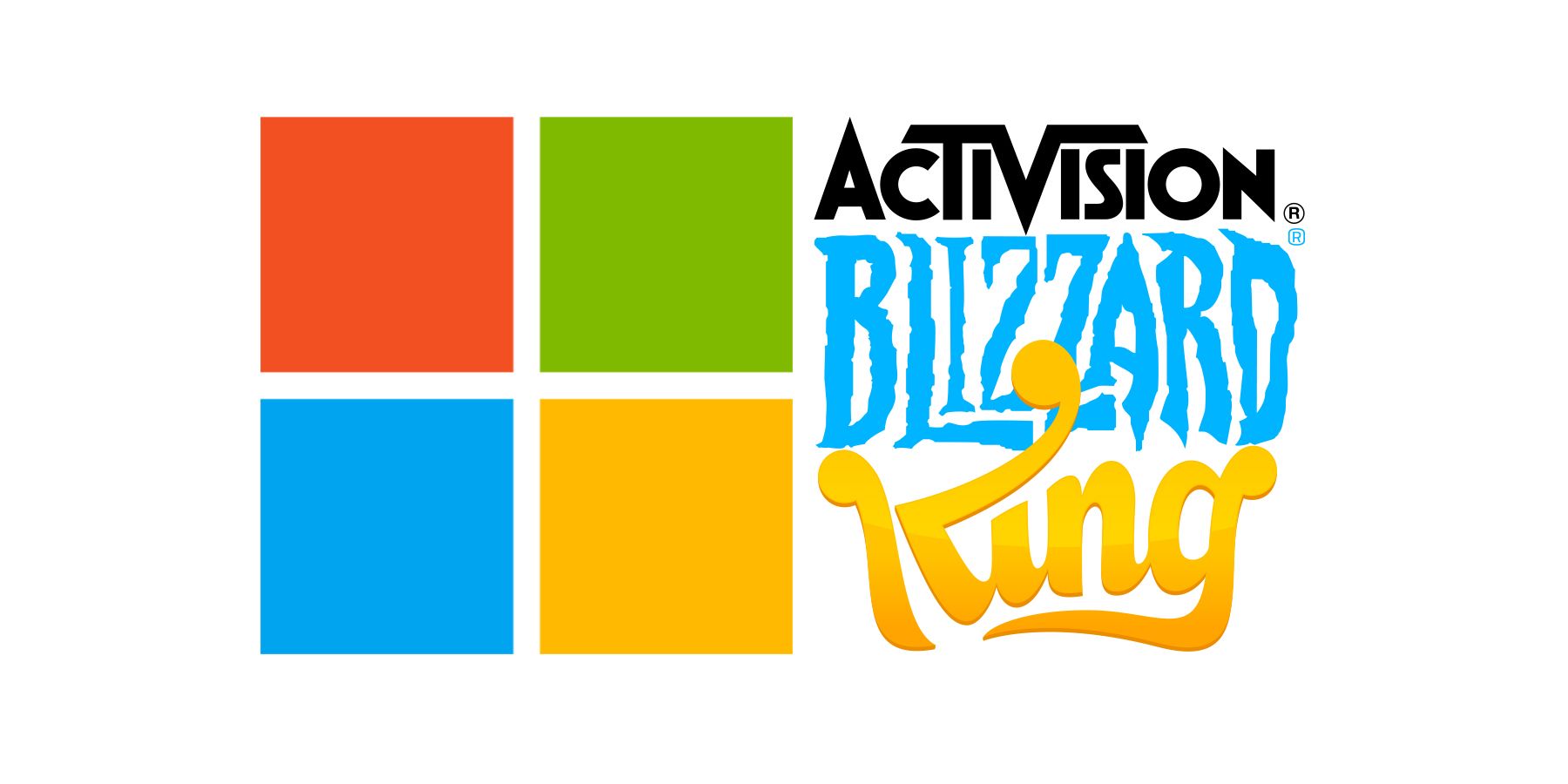
Table of Contents
The FTC's Case Against the Activision Blizzard Acquisition
The FTC's core argument centered on the potential harm to competition in the video game market, particularly within the burgeoning cloud gaming sector. They feared Microsoft, already a major player in gaming with Xbox and its Game Pass subscription service, would gain an unfair advantage by acquiring Activision Blizzard's extensive portfolio of popular titles.
- Concerns about Microsoft's dominance in the gaming market: The FTC highlighted Microsoft's significant market share in gaming consoles and PC gaming, arguing the acquisition would further consolidate its power.
- Allegations of anti-competitive practices: The commission alleged that the merger would allow Microsoft to engage in anti-competitive practices, such as making Activision Blizzard's games exclusive to Xbox or increasing prices for competitors.
- Focus on the potential exclusion of competitors from accessing Activision Blizzard's popular titles like Call of Duty: The FTC expressed serious concerns about Microsoft potentially restricting access to popular franchises like Call of Duty, giving Xbox an insurmountable advantage over rivals like PlayStation and Nintendo. This exclusivity could harm competition and potentially limit consumer choice.
- The FTC's argument regarding the impact on cloud gaming competition: A significant part of the FTC's case revolved around the potential impact on the developing cloud gaming market. They argued that Microsoft could leverage Activision Blizzard's titles to dominate this emerging sector, harming innovation and competition.
The Court's Ruling in Favor of Microsoft
A federal judge ultimately rejected the FTC's request for a preliminary injunction to block the merger. The judge's decision was based on several key factors.
- Key points of the judge's reasoning: The judge found the FTC's evidence insufficient to demonstrate that the merger would substantially lessen competition. The court emphasized the availability of alternatives and the competitive dynamics of the gaming market.
- The judge's assessment of the FTC's evidence: The judge considered the FTC’s evidence regarding Microsoft's potential to leverage its control over Activision Blizzard’s titles to harm competition, ultimately finding it unconvincing.
- The impact of the ruling on the Activision Blizzard acquisition timeline: The ruling cleared a major hurdle for the acquisition, significantly accelerating its potential closing date.
- Mention any dissenting opinions or notable aspects of the ruling: While the ruling was largely in favor of Microsoft, certain aspects of the judge's reasoning may be subject to scrutiny in the appeal process.
The FTC's Appeal and its Potential Outcomes
Despite the initial court setback, the FTC filed an appeal, aiming to overturn the ruling.
- The grounds for the appeal: The FTC's appeal likely centers on challenging the judge's assessment of the evidence regarding the potential anti-competitive effects of the merger, particularly in the cloud gaming market.
- The potential timeline for the appeal process: The appeal process can be lengthy, potentially taking months or even years to resolve.
- Possible outcomes of the appeal: The appellate court could affirm the lower court's decision, reverse it entirely, or remand the case back to the lower court for further proceedings.
- The potential impact on the deal's closing date and the regulatory landscape for future gaming mergers: The outcome of the appeal will significantly influence the closing date of the acquisition and potentially set a precedent for future mergers and acquisitions in the gaming industry and beyond.
Impact on the Gaming Industry
The Activision Blizzard acquisition case, regardless of the appeal's outcome, has profound implications for the gaming industry:
- The precedent this case could set for future mergers and acquisitions in the tech sector: This case is shaping regulatory approaches to mergers and acquisitions in the tech sector, particularly concerning the influence of large companies.
- The influence on regulatory scrutiny of large tech companies: The case underscores the increased scrutiny of large tech companies and their potential for anti-competitive practices.
- The potential impact on game pricing and accessibility for consumers: The outcome will affect game pricing, the availability of titles, and potentially the overall gaming experience for consumers.
Alternative Scenarios and Future Predictions
Several alternative scenarios remain possible:
- Potential renegotiation of the deal's terms: Microsoft might be forced to renegotiate the deal's terms to address the FTC's concerns, potentially including commitments to maintain competition.
- The possibility of Microsoft abandoning the acquisition: While less likely given Microsoft's significant investment, abandoning the acquisition remains a possibility if the appeal proves too costly or uncertain.
- Predictions on the likelihood of success for the FTC's appeal: Predicting the outcome is challenging, as appellate courts may interpret evidence differently than lower courts. The strength of the FTC's arguments and the precedent set by similar cases will influence the final decision.
Conclusion
The FTC's appeal against the court's decision on the Activision Blizzard acquisition is a significant legal battle with far-reaching consequences for the gaming industry and the broader tech landscape. The outcome will shape future mergers and acquisitions, impacting competition, pricing, and consumer access to popular video games. The appeal underscores the increased regulatory scrutiny of large tech companies and their influence on various markets.
Call to Action: Stay informed about the latest developments in the Activision Blizzard acquisition and its legal challenges. Follow our updates for comprehensive coverage on this crucial case and its implications for the future of the gaming industry. Search "Activision Blizzard merger appeal" for more in-depth analysis.

Featured Posts
-
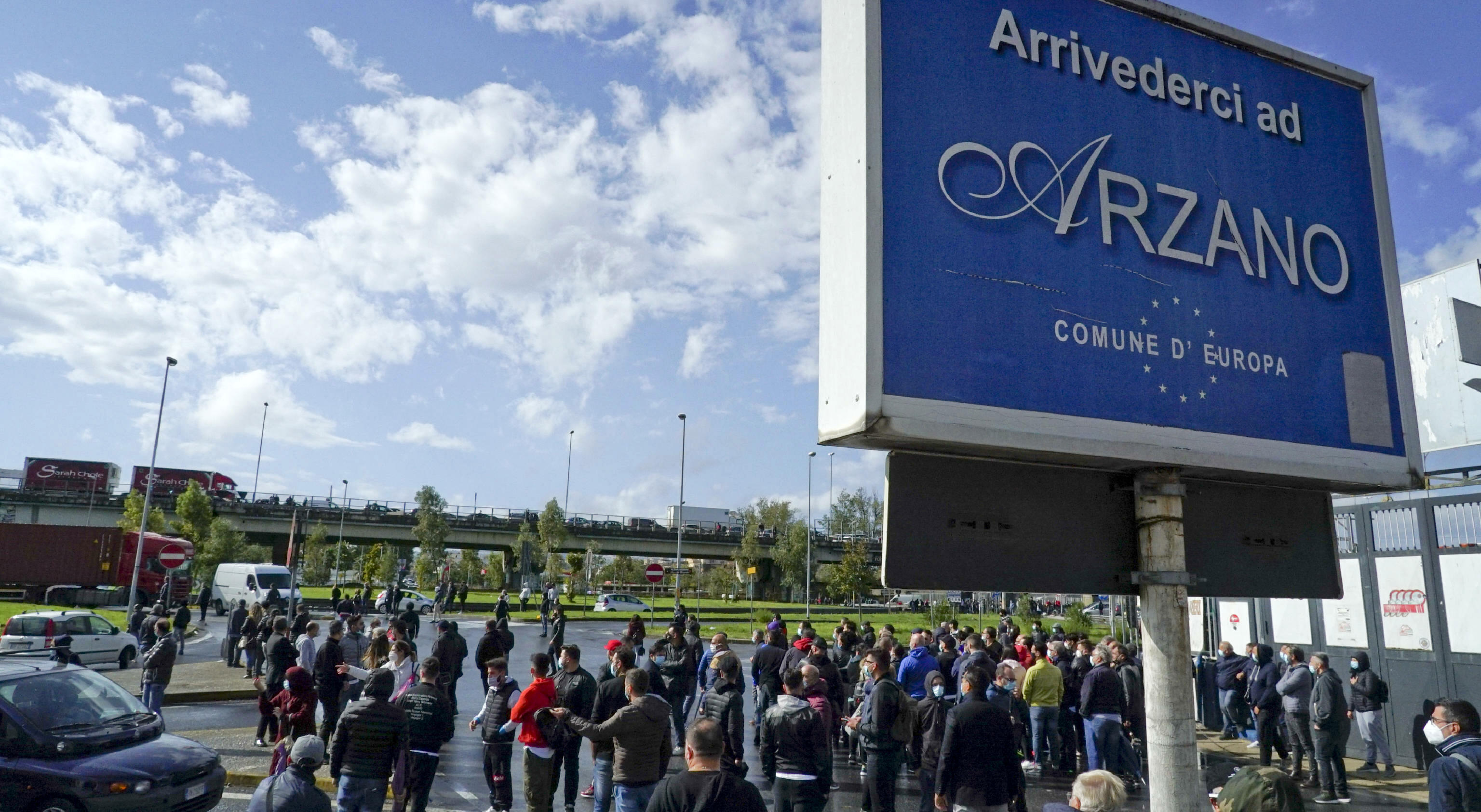 Proteste A Gerusalemme 200 Manifestanti Denunciano Danneggiamento Vetrine Ristoranti Palestinesi
Apr 23, 2025
Proteste A Gerusalemme 200 Manifestanti Denunciano Danneggiamento Vetrine Ristoranti Palestinesi
Apr 23, 2025 -
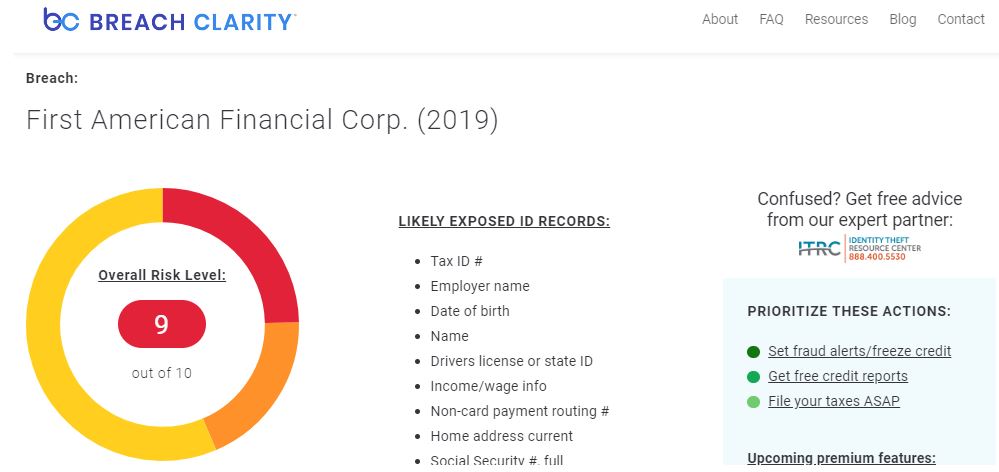 Data Breach Exposes Executive Office365 Accounts Millions Lost
Apr 23, 2025
Data Breach Exposes Executive Office365 Accounts Millions Lost
Apr 23, 2025 -
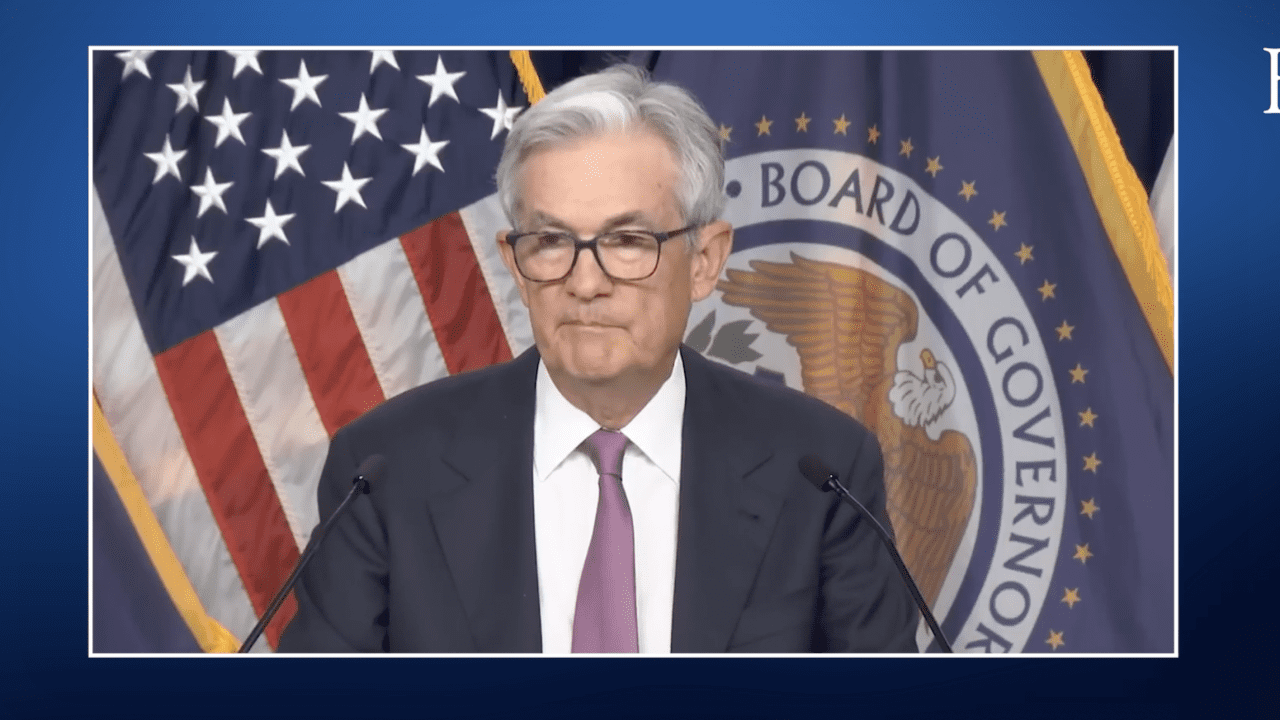 Bank Of Canadas Rate Pause Expert Analysis From Fp Video
Apr 23, 2025
Bank Of Canadas Rate Pause Expert Analysis From Fp Video
Apr 23, 2025 -
 Spartak Razgromil Rostov Itogi Matcha 23 Go Tura Rpl
Apr 23, 2025
Spartak Razgromil Rostov Itogi Matcha 23 Go Tura Rpl
Apr 23, 2025 -
 Le Role De Pascal Boulanger A La Federation Des Promoteurs Immobiliers Fpi
Apr 23, 2025
Le Role De Pascal Boulanger A La Federation Des Promoteurs Immobiliers Fpi
Apr 23, 2025
Latest Posts
-
 Dijon Accident Rue Michel Servet Un Vehicule Percute Un Mur
May 10, 2025
Dijon Accident Rue Michel Servet Un Vehicule Percute Un Mur
May 10, 2025 -
 Debut D Incendie A La Mediatheque Champollion A Dijon Bilan Et Consequences
May 10, 2025
Debut D Incendie A La Mediatheque Champollion A Dijon Bilan Et Consequences
May 10, 2025 -
 Dijon 2500 M Dedies A La Plantation De Vignes Aux Valendons
May 10, 2025
Dijon 2500 M Dedies A La Plantation De Vignes Aux Valendons
May 10, 2025 -
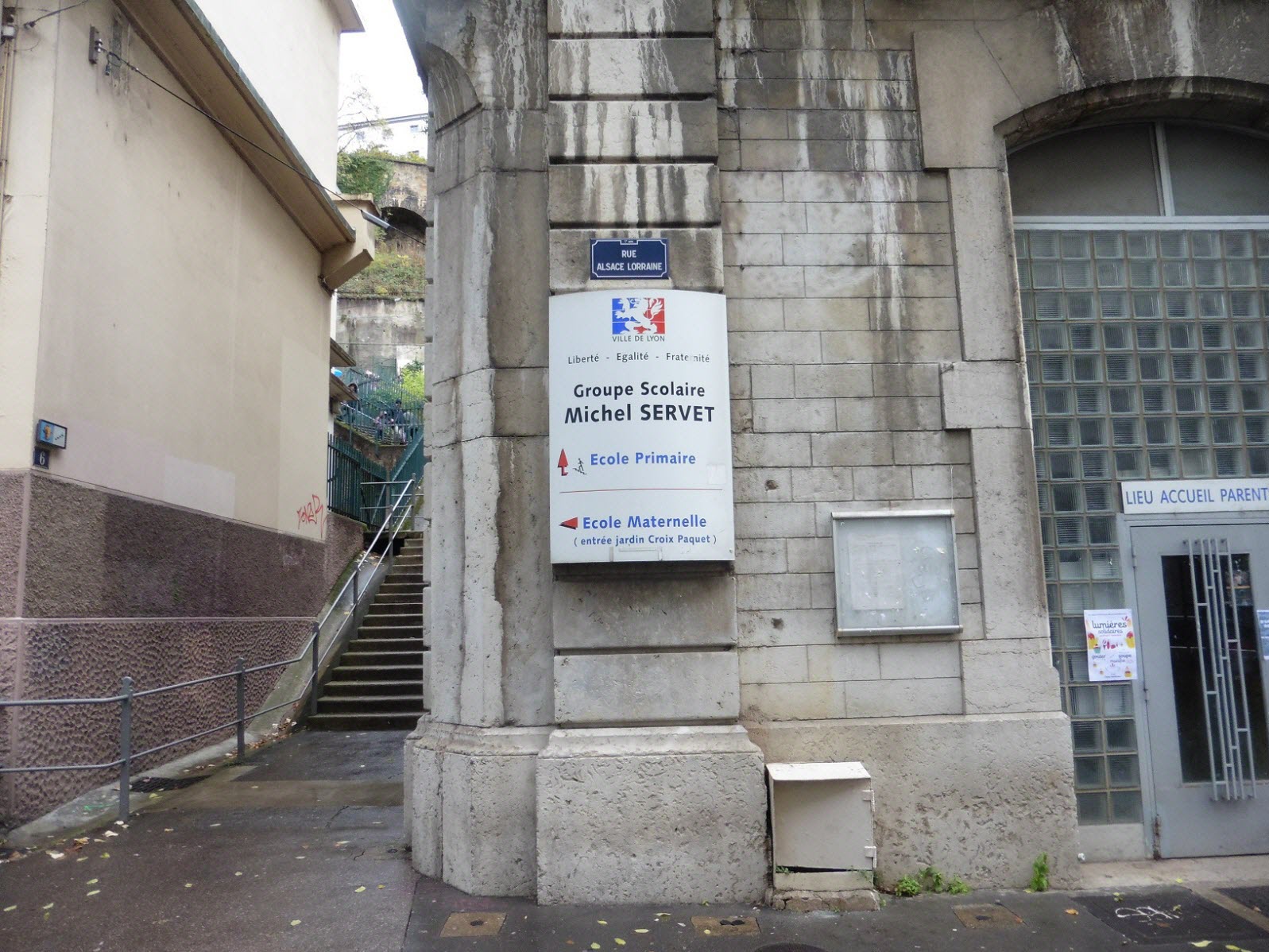 Dijon Vehicule Contre Un Mur Rue Michel Servet Le Conducteur Se Denonce
May 10, 2025
Dijon Vehicule Contre Un Mur Rue Michel Servet Le Conducteur Se Denonce
May 10, 2025 -
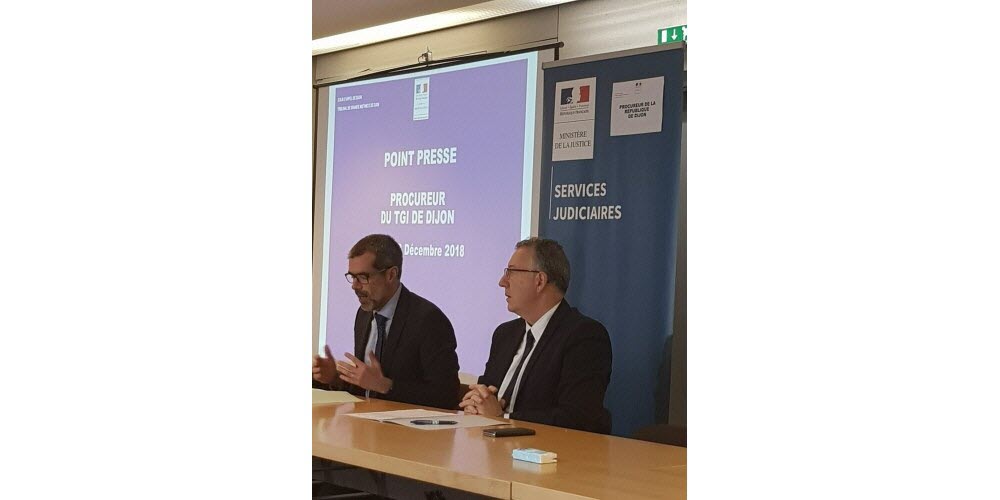 Extension Viticole A Dijon 2500 M De Vignes Aux Valendons
May 10, 2025
Extension Viticole A Dijon 2500 M De Vignes Aux Valendons
May 10, 2025
